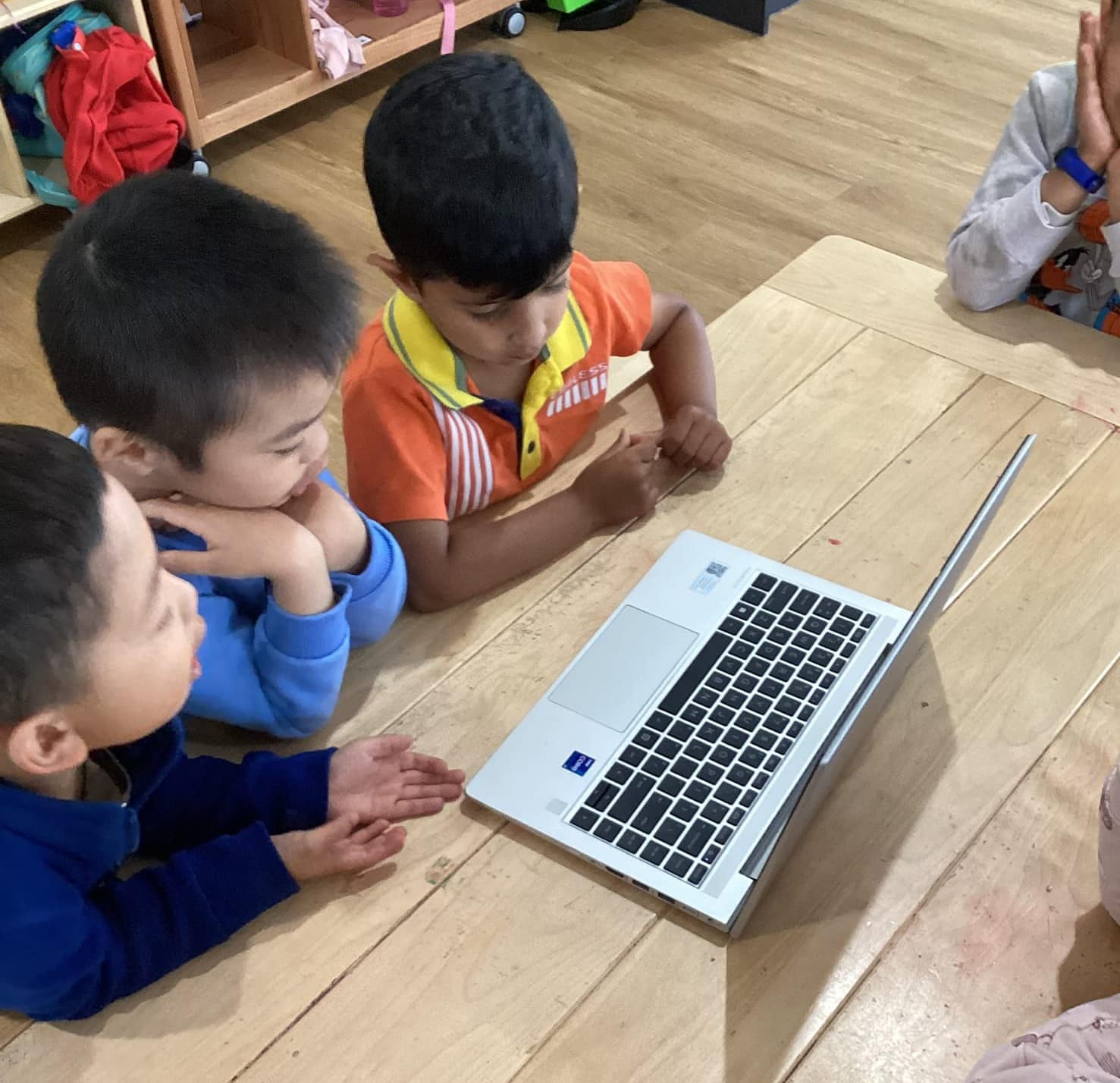Parenting in the digital age is vastly different from previous generations. With the rapid proliferation of smartphones, tablets, and other internet-connected devices, children are growing up in a world where digital interactions are an integral part of everyday life. Gone are the days of simply monitoring television time; today's parents must navigate a complex web of social media, online gaming, and instant messaging platforms.
Impact of Technology on Parenting Practices
The omnipresence of technology has revolutionised the way parents interact with their children. While digital tools offer numerous benefits such as access to educational resources and enhanced communication, they also pose unique challenges. Parents must grapple with issues like managing screen time, addressing online safety concerns, and mitigating the risks of cyberbullying and exposure to inappropriate content. While it's essential to harness the educational and entertainment potential of digital devices, it's equally important to encourage offline activities and face-to-face interactions.
Some common challenges in parenting in the digital age include:
- Managing Screen Time for Children: One of the most prevalent challenges in digital parenting is managing children's screen time. With smartphones and tablets serving as constant sources of entertainment, setting limits and enforcing boundaries can be a daunting task.
- Addressing Cyberbullying and Online Safety Concerns: The anonymity afforded by the internet has given rise to cyberbullying and online predators, posing significant threats to children's safety and well-being.
- Handling Conflicts Over Device Usage: Conflicts often arise between parents and children over device usage. That’s why Establishing clear guidelines and fostering open communication can help mitigate these conflicts.
- Managing Social Media Usage: Social media platforms present a myriad of challenges for parents, from concerns about privacy and online grooming to the addictive nature of constant scrolling.
- Dealing with Online Gaming Addiction: Online gaming addiction is a growing concern among parents. Setting limits on gaming time and encouraging alternative activities is essential for combating this issue.
- Handling Exposure to Inappropriate Content: The internet is rife with inappropriate content, from violent imagery to explicit material. Parents must implement robust parental controls and educate their children about the potential dangers of online content.
Strategies for Effective Digital Parenting
Parenting in the digital age comes with its own set of challenges, but with the right strategies in place, navigating the online world with your children can be both manageable and rewarding.
- Establishing Clear Rules and Boundaries: Setting clear rules and boundaries around technology use is crucial for effective digital parenting. Establish guidelines for screen time, device usage, and online behaviour to create a structured environment where your children can thrive.
- Encouraging Open Communication: Fostering open communication with your children about their online activities is key to building trust and addressing concerns. Encourage them to share their experiences online and be receptive to their questions and worries. Creating a safe space for open dialogue can help you stay informed and connected with your child's digital world.
- Setting a Positive Example: As parents, you are the primary role models for your children. Demonstrate responsible technology use by modelling healthy habits and maintaining a balanced approach to technology.
- Teaching Critical Thinking Skills: Empower your children with critical thinking skills to navigate the online world safely. Teach them to question information, evaluate sources, and recognise potential risks online. By equipping them with these skills, you can help them make informed decisions and protect themselves from online threats.
- Utilising Parental Control Software and Tools: Parental control software can be a valuable asset in managing your children's online activities - by filtering inappropriate content, setting time limits, and monitoring their online behaviour.This can ensure you have greater control over your child's digital experiences while still respecting their privacy.
- Monitoring Online Behaviour: Balancing monitoring with respect for privacy is essential in digital parenting. Keep lines of communication open with your children and be transparent about your monitoring efforts. Let them know that your intention is to keep them safe and help them make responsible choices online.
- Encouraging Offline Activities: It's important to strike a balance between online and offline activities. Encourage your children to participate in offline activities such as outdoor play, board games, and family bonding time. These activities not only foster meaningful connections but also help maintain a healthy balance in their lives.
- Tech-Free Zones or Times: Designating tech-free zones or times within your home can help your children disconnect from digital devices and focus on other activities. Create sacred spaces where technology is off-limits, such as the dinner table or bedrooms, to encourage more meaningful interactions and reduce screen time.
Ultimately, digital parenting presents a unique set of challenges and opportunities for today's families. But, by understanding the impact of technology on parenting practices and embracing the complexities of digital parenting by implementing effective strategies, you can ensure your children navigate the online world safely and with set boundaries.

